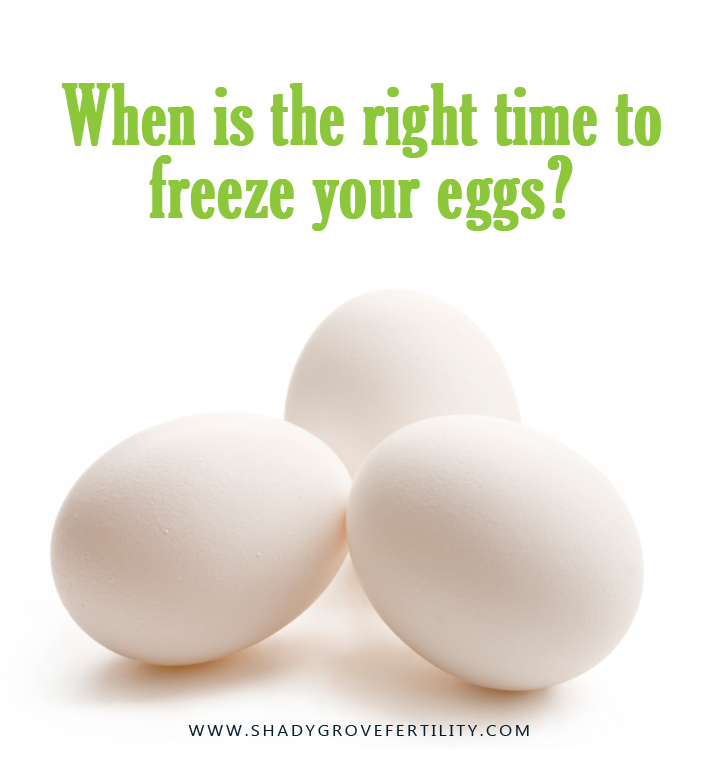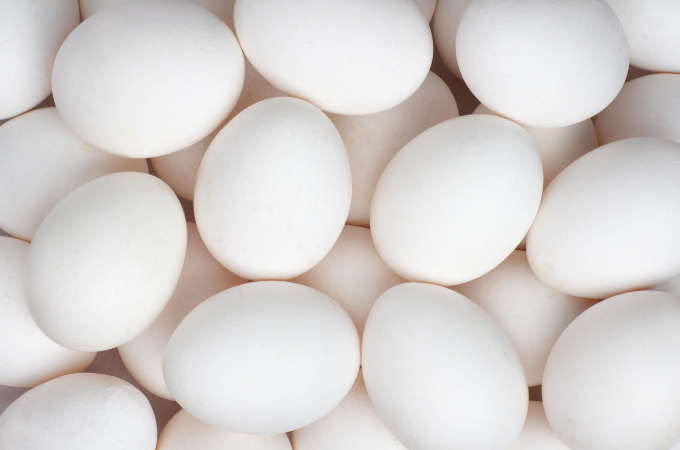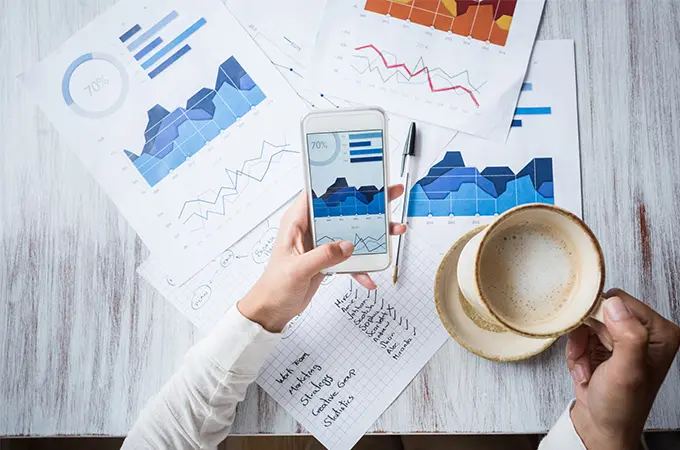
Prior to egg banking, in the race against a ticking reproductive clock, women are almost always certain to lose: By puberty women have lost nearly 70% of their eggs, by the age of 30 another 20% have been lost and by the time a women hits 40, she only has about 3% of her eggs remaining. So in a society where more women are postponing having children, what options are available?
Egg Banking
While previously reserved for women experiencing medical conditions which could cause sterility, egg banking is now a viable option for women who are looking to preserve their fertility for future use. In fact, fertility centers across the region have seen a large increase in women inquiring about egg freezing and proceeding to treatment. In 2012 at Shady Grove Fertility, there were 131 cryopreservation cycles for women banking their own eggs – up nearly 200% since 2010.
Is Egg Banking (egg freezing) Safe for Your Future Children?
The American Society for Reproductive Medicine (ASRM) recently lifted the “experimental” label on ooctye cryopreservation, thanks to the advances in the freezing process. According to ASRM, over 1,000 births have been reported from egg freezing using the advanced process (vitrification), and show no increased risk of birth defects compared to those that conceived naturally.
When is the Right Time to Freeze Your Eggs?

There is no “right time”. Depending on your age and reproductive system, it might be recommended to go through two or more rounds of egg freezing. Why? Because, different women respond differently to the medication. Typically, it is recommended to bank approximately 20 eggs – leaving room for any that might not survive the thaw or fertilization process or if it desired to have multiple children.
Women come to the decision in many ways. For Jennifer, “I had a great life and a wonderful boyfriend, but a part of me was very sad that I wasn’t in a place where I was ready to have children.”
Or Melanie – an employee at Shady Grove Fertility – who froze her eggs after she divorced. She was 35 at the time and had two friends who had to rely on donor eggs to get pregnant during their second marriages.
Age of course plays a factor in success. According to FertilityPreservation.org, a woman who freezes ten eggs at the age of 32 has a 24.3% of delivering a child, compared to a 17.2% chance if she waited until the age of 38.
The reproductive resources must be balanced with the financial ones. Often times women in their early 30s either aren’t prepared to make the decision to freeze their eggs or don’t have the financial resources to do so. On the flip side, women who are closer to 40 may have more savings to fund treatment, but may not produce the same quality eggs.
Using Your Frozen Eggs
The good news, according to Shady Grove Fertility’s Dr. Gilbert Mottla, “The uterus is a muscle, it doesn’t have the same shelf life as an egg. Meaning a woman can carry a child well past menopause.”
Anne, who decided to freeze her eggs at the age of 40, came back at three years later to try to conceive. At 15 weeks pregnant, it was time to test for genetic disorders. Because the eggs used to conceive were chronologically 40 years old, she had a 1 in 90 chance of testing positive, compared to 1 in 50 if she had conceived with eggs that were 43 years old.
Deciding to freeze ones eggs to preserve future fertility is a personal choice in which a women must balance her financial and reproductive resources, as well as manage her expectations of what the next several years might bring her in life.
If you are interested in learning more about preserving your fertility through egg banking, please request more information, or speak with one of our New Patient Liaisons at 877-971-7755.





